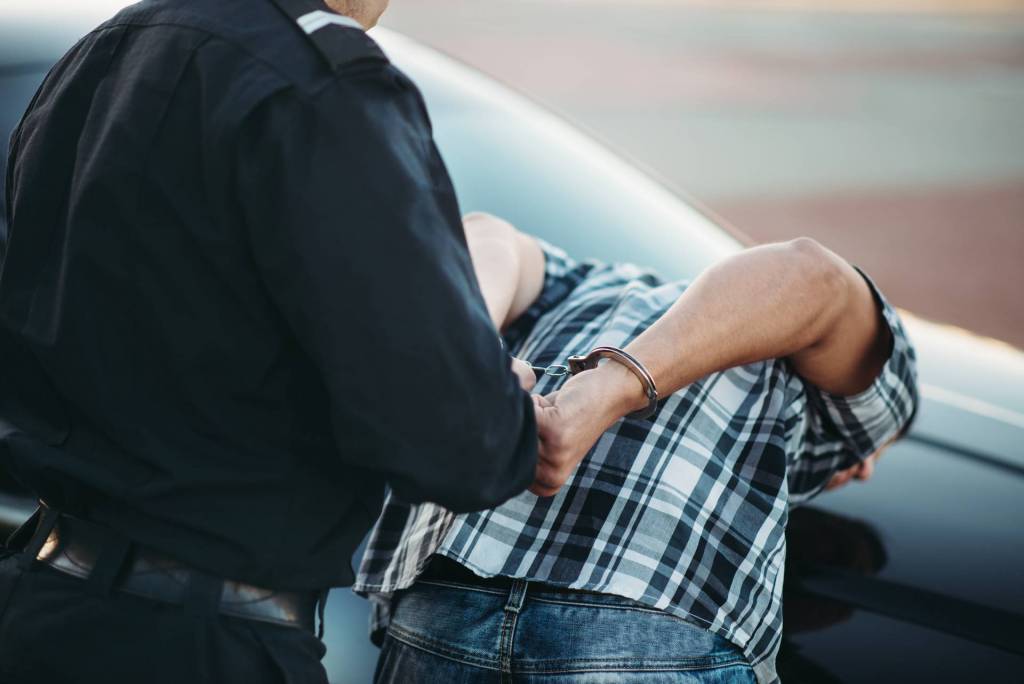If you are a caregiver or a parent, it is legally easy to be charged for child endangerment for not strictly following the California laws. Therefore, it is important to understand these child endangerment laws as they can be a bit vague. Child Endangerment is a profoundly serious crime, as are most crimes that involve children. If you or a family member are facing charges for child endangerment, you can receive severe punishments and penalties and need to receive professional legal advice as soon as possible.
Our children, due to their vulnerability, deserve that the California courts take every legal means to protect them from exposure to dangerous conditions that can cause them bodily harm or injury.
These laws also include all members of our society who take part in caring for the welfare of our children. This essentially means that a passerby, neighbor, family member, etc. can report you for child endangerment if they feel that your behavior poses a risk to a child. The laws also require that professionals such as medical providers and law enforcement officers report any cases of child endangerment or even the suspicion of child endangerment.
The strictness of these laws, unfortunately, causes many innocent adults to be convicted of child endangerment. So, you need to understand what child endangerment is, and especially its punishments, and penalties.
Child endangerment can be charged as a misdemeanor or a felony depending on the situation and the details of the case.
Some examples of misdemeanor child endangerment penalties are:
- A maximum of 6 months in county jail.
- A fine of not more than $1,000.
- Summary probation for at least four years.
- Restraining orders to keep the defendant from committing another child endangerment crime.
- Attending a court-approved child abuse training program for a minimum of one year.
- An order to abstain from drug and alcohol abuse if the defendants’ behavior resulted from their use.
- The requirement to be available for random drug tests.
Felony child endangerment penalties can be much more severe, including:
- Possible imprisonment term of 2, 4, or 6 years in state prison.
- A fine of not more than $10,000.
- Formal probation of not less than a full 4 years.
Probation terms for a felony conviction are usually like those of informal probation.
California judges can, and often do however, add enhancement to your sentence for felony charges if the child suffered serious harm.
The sentence enhancements may include, but not be limited to:
- An additional sentence of three to six years if the defendant inflicted injuries on the child. The exact nature of the injuries and the age of the child will determine just how long the sentence lasts.
- An additional sentence of four years if the child died due to your criminal negligence.
The judges have latitude in these enhancements and may even file more serious charges of involuntary manslaughter, or 2nd-degree murder.
So, you become aware, depending on your specific charges and situation, just how serious this can be. Getting the professional guidance and help of a Los Angeles child endangerment lawyer as soon as you can is mandatory. You may feel the charge is invalid or you’re innocent, but don’t leave your future life to chance!
How Does the Court Determine Child Endangerment?
Child endangerment is defined as exposing a child to danger, pain, or undue suffering. It is not legally dependent on whether the child suffers injury or death. A particularly important note is that you can be charged with child endangerment even if your actions were not intentional.
You can be charged with child endangerment whether you are the caretaker of the child, a parent, or guardian, and are an adult.
California’s laws consider the following actions, and more, to constitute endangerment:
- Willfully allowing a minor to be injured.
- Willfully causing or allowing a minor to be in any type of dangerous situation.
- Causing a minor to suffer unjustifiable physical or emotional pain or suffering.
What Does the Law Look for as Proof That You Have Committed Child Endangerment?
The California law defines “willful endangerment” as knowingly exposing the child to danger, or to situations or persons likely to cause them to be in harm’s way. You may feel that you didn’t intentionally cause harm to the child, but your actions show you did not remove them from the dangerous situation.
The prosecution for the state needs to prove that you acted with negligence. Some examples of child endangerment negligence are:
- You acted in a way that is reckless or departs from common sense.
- Your actions are indifferent or in disregard for the life and consequences for the child.
- Your actions are unreasonable under the circumstances, and any reasonable person would have foreseen the consequences of their action(s) on the child.
- When your actions are grossly negligent, it amounts to criminal negligence, which attracts felony charges.
How Can My Child Endangerment Lawyer and I Defend My Charge?
The child protection laws are strict, and the desire by the courts to protect children at all costs lands many innocent people in jail. Most of the elements of this crime are highly subjective, and the prosecution can easily exaggerate negligence, great bodily harm, or your intentions.
There are some defenses your lawyer can use, such as:
- Your behavior was not intentional and was not criminally negligent.
- As their parent, you were reasonably disciplining the child.
- The accusations made against you were false.
- The facts in your case were altered or mistaken.
- Someone else was responsible for the endangerment of the child.
- Your religious beliefs were involved in determining your actions.
Again, due to the ambiguous nature of this charge, getting the guidance of your child endangerment lawyer, from the outset, is your best defense.
If I Am Charged with Child Endangerment, What Should I Do?
Child endangerment can be a profoundly serious, life-changing charge. The Miranda Rights Law Firm understands the vagaries and sometimes misunderstood the nature of these charges. Consult with them and get on the right legal path to immediately mitigate or halt the consequences you may face.









